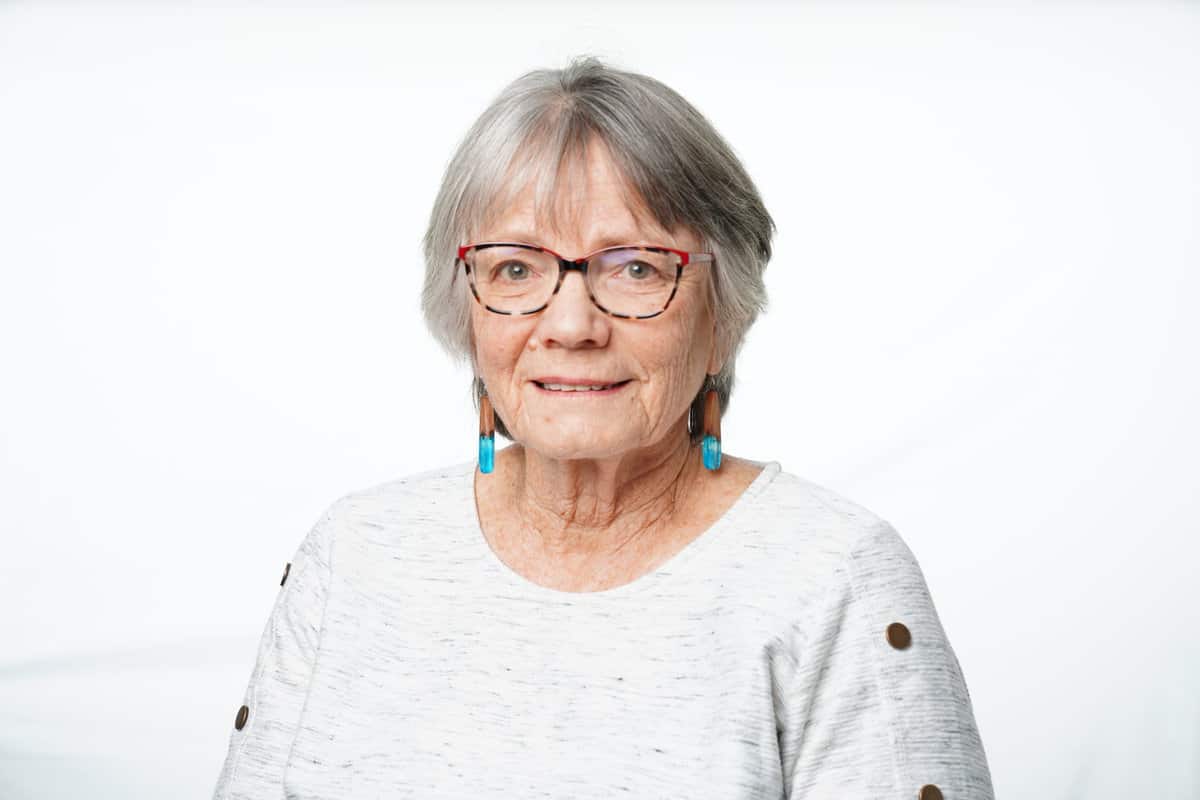Cawthron Centenary Series – Interview with Dr Lesley Rhodes
Position at Cawthron – Senior Scientist with expertise in microalgae
Duration of Service – 37 Years
Hometown – Auckland
What was your path to Cawthron?
I came to Nelson having got my Post Grad Diploma at Massey in 1984. I was looking for a science job in the South Island, which I love despite being brought up in Auckland – Dunedin is where my parents had lived and I had spent time at university there, but too cold! I door knocked in Nelson and got a temporary job with Dr Don Grant at Cawthron, then spent 6 months at NMIT before returning to Cawthron, where I’ve been ever since.
Tell us about your career at Cawthron.

I realised early on that that I wanted to chart my own research path (I didn’t like being told what to do!) but I needed more qualifications to lead research proposals. Cawthron supported me in first getting my MSc through Lincoln University and then my PhD at Massey. The downsides were the juggle of children and work, but the upside was the continually stimulating work.
What do you hope lies in Cawthron’s future? Where would you like to see the organisation in 2121?
I hope that the research focus will not be lost to commercialisation. Cawthron is unique in carrying out truly independent research and the past 100 years that research has benefited NZ and in some cases has been taken up internationally. The research has generated much of the commercial work carried out at Cawthron and I hope it will continue to be nurtured and that in 100 years time we are recognised as the research institute of choice in NZ.
What is your greatest professional achievement and how did you contribute to making it happen?
I am just happy to have a substantial body of publications, many collaborative but many driven by me. Some of my Seafood Safety research has had important spin-offs (the establishment of our phytoplankton lab, and the Cawthron Institute Culture Collection of Microalgae) and I found leading that programme for many years very satisfying as it had obvious benefits to the health and economy of NZ. I love to see others taking the research in new and unexpected directions.
What do you see as some of Cawthron’s major strengths?
The links between research and commercial work at Cawthron are very special and considered unusual internationally. That link benefits all parties. Also, the way in which researchers are able to determine their path to a large extent results in exciting, ground breaking research outcomes. Cawthron has also done a great job of succession planning to ensure expertise is retained and work programmes continue when individual staff leave. I’d like to see us reduce the administrative demands on scientists in future to free us up to do more research, and spend less time worrying about funding.
Is there a piece of work your Cawthron colleagues have done that you admire, and if so why?
I am impressed with the exponential growth of the molecular team’s capabilities and the published work of Susie Wood and Kirsty Smith in freshwater and marine spaces respectively. Jonathan Puddick and Laura Biessy are continuing the tradition of internationally recognised molecular based cyanobacterial and microalgal research. The chemistry team have also had some internationally recognised breakthroughs.
Are there opportunities you have had at Cawthron that you might not have had if you’d worked elsewhere?
To interact with international researchers in my area of research and to have trusted collaborations with many. I know in other institutes this relative freedom is more constrained. Cawthron has been generous in supporting international collaborations and has recognised that meeting in person in their institutes and at conferences is always better than via the internet!
What were some of the things you learned in your career that you’d like to pass on to people who are in the early phases of their working lives?
To develop wide interests and not be too narrowly focused. Ideas can come from unexpected quarters and serendipity is a constant result of that.
How have you found the social side of working at Cawthron?
Great. The team has gone from 30 staff to ten times that in my time at Cawthron and I have made some staunch friends of all ages.
What hobbies or interests do you have outside of work?
I sing with the Off Your Rockers Chorus, enjoy bridge and like to keep fit at MiGym’s ‘Use it or lose it’ class!
What might people be surprised to know about you?
I have been an activist and over many years was an organiser for Halt All Racist Tours (HART) in Blenheim and later in Palmerston North, working to prevent the Springbok Tour of 1981.
What are the biggest changes you want to see in the world?
Real action on climate change issues and on marine pollution.
What ethos do you live your life by, and how do you see it aligning with your approach to work?
I like to always retain my integrity, stick to my truth. Whatever happens, if I know I did my utmost at the time I feel satisfied – particularly in areas where people are disadvantaged because of race or gender.
What other organisations or people have you worked with who you’ve really appreciated?
I do get a recharge working with researchers in other institutes in NZ and throughout the world. It gives me hope, as though some are ego driven, most really want to make a difference for humankind and the planet.